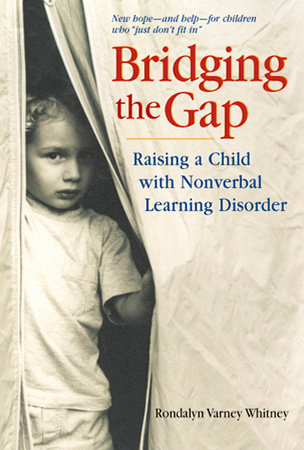

Teaching Right from Wrong
By Arthur Dobrin
By Arthur Dobrin
Category: Parenting | Philosophy

-
$16.00
May 01, 2001 | ISBN 9780425178225
Buy the Paperback:
YOU MAY ALSO LIKE

The Complete Lesbian and Gay Parenting Guide

Raising Girls

Bringing Up Geeks

Bridging the Gap

Midlife Orphan

The One-in-a-Million Baby Name Book

Safe and Sound

Growing Up Happy

The Man Plan
Table Of Contents
Preface
Introduction
Feelings: Emotions Are the Groundwork of Morality
1. Tune In to Your Children’s Feelings
2. Talk About How You Think Others May Be Feeling
3. Comment on Your Own Emotions
4. Sing to and Hold Your Children
5. Read Imaginative Stories to Your Children
Reason: Feelings Need to Be Guided By Reason
6. Give Reasons Why You Approve or Disapprove of Your Children’s Behavior
7. Provide Reasons for Rules You Want Your Children to Follow
8. Encourage Your Children to Play with Children of Various Ages
9. Engage Your Children in Reflective Discussions by Asking Open-Ended Questions
10. Promote Independent Thinking
Self-Esteem: Self-Respect Is a Prerequisite to Acting Morally
11. Treat Your Children with Respect
12. Express Interest in Your Children’s Activities, Projects, and Dreams
13. Help Set Goals and Encourage Your Children to See Them Through
14. Praise a Task Well Done
15. Give Your Children Emotional and Verbal Support to Stand Against the Crowd When Necessary
Discipline: Behavior Has Consequences
16. Be Flexible – Not Arbitrary – In Your Discipline
17. Don’t Use Intimidation; Never Use Ridicule
18. The Severity of the Punishment Should Be Related to the Severity of the Wrongdoing
19. Discipline with Explanations
20. Criticize in Private
Habits: Morality Is Learned Through Observation and Doing
21. Provide Opportunities for Your Children to Help Others
22. Give Positive Verbal and Nonverbal Feedback for Being a Good Person
23. Work with Your Children in Community and Volunteer Service
24. Expect and Encourage Good Deeds from Your Children
25. Help Your Children Keep Promises
Prejudice: Treating All People Fairly Is Fundamental to Morality
26. Examine Your Own Biases
27. Provide Examples That Counteract Society’s Prejudices
28. Don’t Allow Biased or Bigoted Comments to Go Unchallenged
29. Give Your Children Books That Show Different Kinds of People Playing, Working, and Living Together
30. Talk About Differences Between People, but Talk About Them Neutrally
Values: Some Values Are More Important Than Others
31. Tell Your Children About the People You Admire and Why
32. Live Your Life As You Want Your Children to Lead Theirs
33. Show the Importance of Protecting the Vulnerable
34. Comment on Compassionate Behavior – Let Your Children Know That Caring Is an Important Value
35. Let Your Children Know What You Value and Why You Value It
Community: Morality Is Social
36. Supervise Your Children’s Television Viewing
37. Get Involved with Your Children’s Education
38. Make Family Meals Important and Regular Occasions
39. Make Time for Your Children
40. Take an Interest in the World Outside Your Home
Afterword
Selected References
21 Books You’ve Been Meaning to Read
Just for joining you’ll get personalized recommendations on your dashboard daily and features only for members.
Find Out More Join Now Sign In











